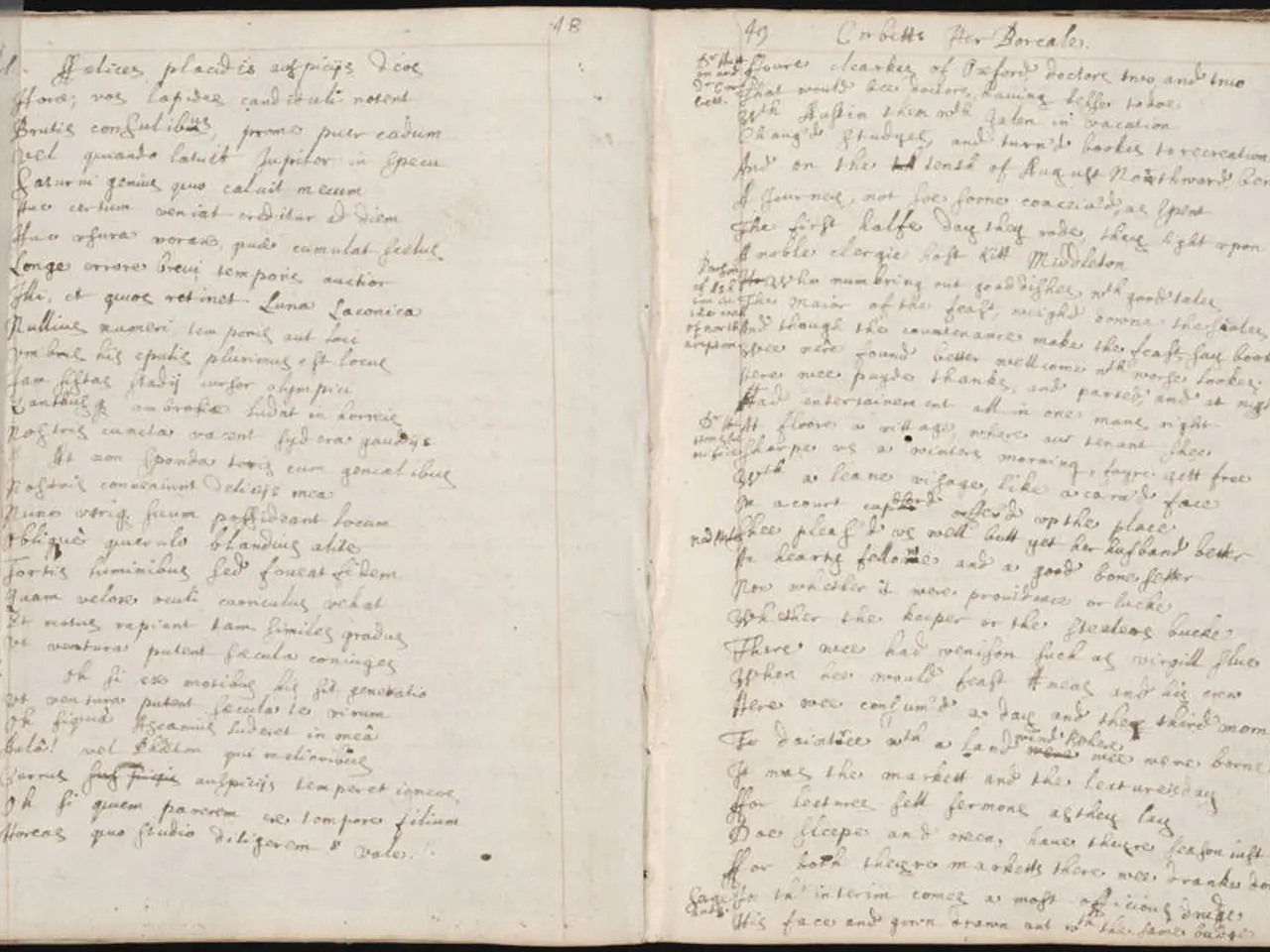Consider the struggling artist with aspirations yet minimal resources to back them up
In Kenya and the broader East African region, private companies, NGOs, and philanthropic foundations are playing a significant role in stimulating literary development. These entities are organizing workshops that connect budding writers with the tools they need to excel in a competitive global literary market.
One such opportunity is the Miles Morland African Writing Scholarships, which offer £18,000 grants to African writers, including East Africans, to complete the first draft of a full-length fiction or non-fiction book. The scholarship also provides mentorship from established authors or publishers after the writing period. Applications for 2025 close on September 22.
Another valuable resource is the Girls Write Now Collaboratory, a mentorship and community program designed to nurture young writers. It offers writing courses, mentorship, and community engagement, with flexible participation cycles throughout the year.
Writing contests, calls for submission, and literary magazines, such as Writers Space Africa Magazine, provide platforms for African writers to publish short stories and other works, gain visibility, and connect with literary agents and editors. Some websites compile up-to-date calls for submissions and advice on the publishing process.
University libraries and guides, like Columbia University’s African Diaspora & African Literatures guide, offer extensive bibliographies and e-books on African literature and writing practices, supporting academic development and literary knowledge for African writers.
Collaboration between a climate action agency, publishers, and county governments could organize essay competitions that raise conservation awareness while nurturing young writers. The Kenya Publishers Association partners with Sarit Centre and Text Book Centre to host the annual Nairobi International Book Fair and sponsor literary prizes.
However, a scarcity of literary agents is a major setback to literary development in Kenya. Literary agents help link writers to publishers and negotiate fair publishing deals and royalty rates. Connecting Kenyan writers with foreign agents requires intentional interventions.
Universities could collaborate in setting up writing residences for budding authors. The author's encounter with George Orwell's work in high school, specifically "Animal Farm" in Swahili translation, sparked an interest that led them to read "Keep the Aspidistra Flying" and "1984". The former, a semi-autobiographical portrayal of the absurdities faced by talented but unrecognized writers, is considered the author's finest work.
In recent years, there have been notable local works and self-published books in Kenya. Other literary festivals and awards have sprung up and should be encouraged further. The author expresses concern for young Kenyan or East African writers who may be talented but lack access, mentorship, or encouragement in their writing journey.
The novel "Keep the Aspidistra Flying" tells the story of Gordon Comstock, a struggling writer who quits his advertising job to work at a bookshop. Comstock dreams of his book selling well but finds little success, with customers buying books about dog food and other consumerist subjects instead. The novel satirizes England’s middle-class routines and image-conscious mannerisms.
As these initiatives and opportunities continue to emerge, young East African writers are finding valuable resources to begin their writing journey and gain recognition from major publishers. The 2025 Miles Morland African Writing Scholarships stand out as a prominent opportunity, combining financial support and mentorship specifically targeting African authors.
- The Girls Write Now Collaboratory, a program designed for young writers, offers courses, mentorship, and community engagement, providing flexible participation cycles.
- Local literary magazines, like Writers Space Africa Magazine, offer publishing platforms for African writers, helping them gain visibility and connect with agents or editors.
- Collaboration between climate action agencies, publishers, and county governments could organize essay competitions that raise awareness for conservation while nurturing young writers.
- Universities can collaborate in setting up writing residences for budding authors, providing them with a supportive environment to develop their work.




